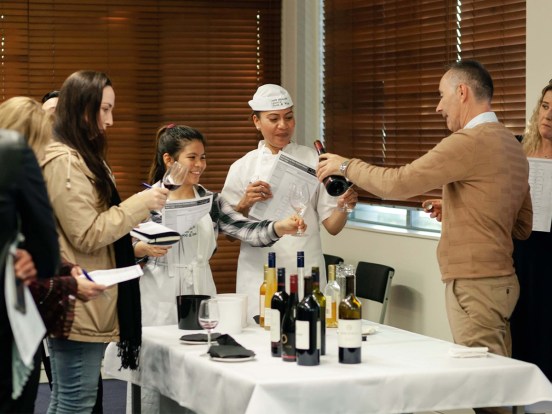A new report from global liquor analysts IWSR shows that between 2019 and 2020, consumers in 10 key RTD markets (Australia, Brazil, Canada, China, Japan, Mexico, Spain, South Africa, the UK and the US) gained close to 2000 new RTD products.
The category includes FABs (flavoured alcoholic beverages), hard seltzers, premix cocktails and long drinks.
As the RTD market continues to grow, category evolution is being driven by factors such as innovation in alcohol bases and premium product offerings and IWSR says there is also a change in how RTD brand owners are positioning their brands.
“Since 2018, RTD launches have largely focused on health and wellness cues, as well as the category’s leading attributes of refreshment and flavour,” says the report.
“This still holds true – in fact, recent 2020 RTD launches project even more dietary benefits than RTD growth brands did in 2019.”
However, IWSR says its analysts are noticing brand owners are choosing to adopt a more nuanced approach to dietary attributes when positioning RTD products.
“As brands increasingly emphasise these benefits, messages of sophistication, energy and natural ingredients have started to fade away.”
IWSR says the dietary benefits and product attributes that resonate with RTD consumers vary market-by-market.
“In markets outside the US, many products tend to use messaging that highlights the avoidance of certain ingredients, focusing on attributes such as ‘no’, ‘low’ or ‘free-from’. For example, in countries such as Australia, China, Mexico, Spain and the UK, ‘low-calorie’ is one of the top three most mentioned attributes for RTD products.”
However, IWSR says in the US, many products are starting to tap into the wellness trend from a slightly different angle, with a focus on supplements (add-ons) as opposed to eliminations.
“As an extension of this, many brands are increasingly focusing product messaging around “pure ingredients”. IWSR data shows that in 2020 in the US, there were almost 250% more new or growing RTD product lines that focused on ‘pure’ ingredients versus those that focused on ‘natural’ ingredients.”
While there is no legal definition of “pure”, IWSR says it’s evident that brand owners are appealing to consumer demand for products with less additives.
“The term implies unadulterated ingredients, an alternative better-for-you marketing strategy that simplifies the inherent benefits of the product,” says its report.
“By claiming purity, there’s also a subtle suggestion of what is not pure.”
IWSR research shows that emotional benefits, particularly sensorial attributes (refreshment, flavour, lightness), are of higher importance with consumers across all 10 markets.
Did you know?
There are 6 ways you can catch up with The Shout NZ?
Our print magazine – March issue out now! Subscribe here.
Online, updated daily with its own completely unique content and breaking news.
Our weekly newsletter – free to your inbox! Subscribe here.
Our digital magazines – the latest issues are online now.
We are also on Facebook and Instagram!





